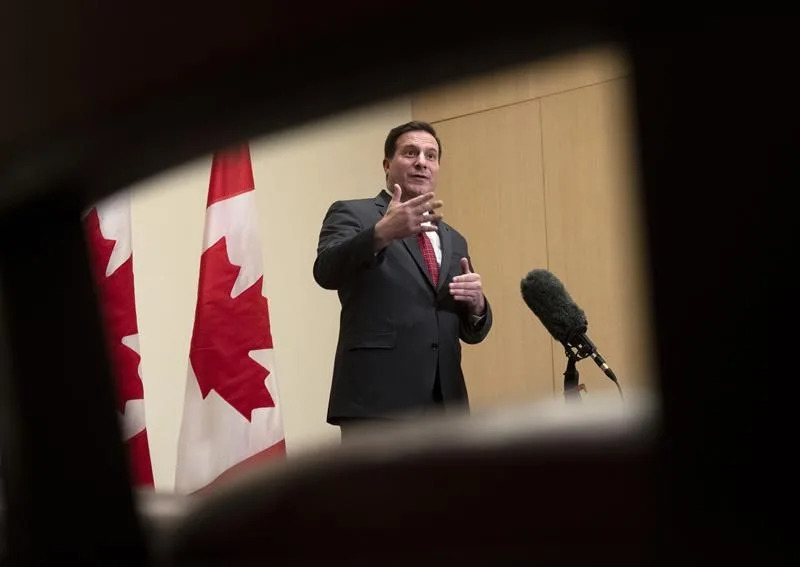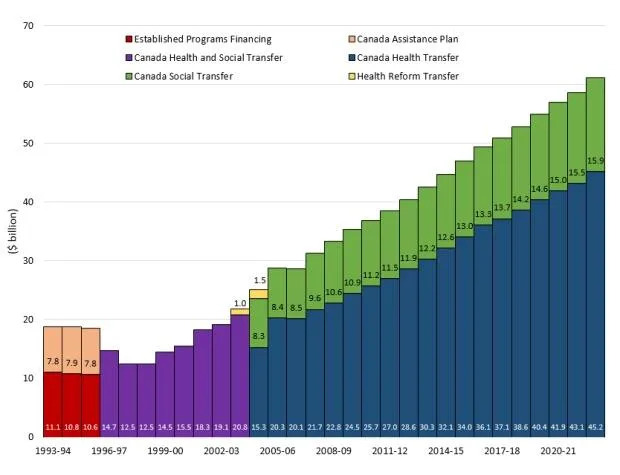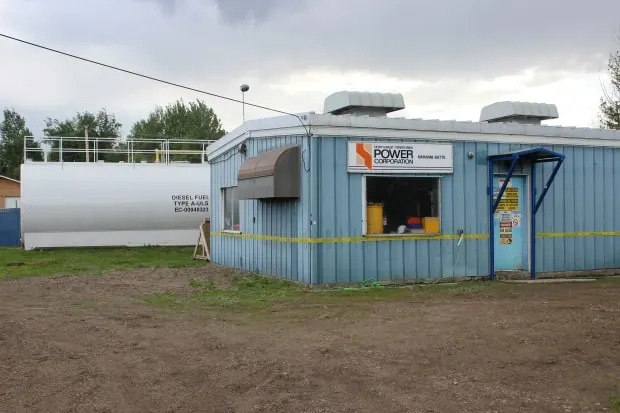Mon, February 6, 2023
YELLOWKNIFE — Unionized staff with the City of Yellowknife are gearing up for a strike, and the city is preparing to lock out employees as the two sides try to reach a new collective agreement.
The city and Union of Northern Workers, a component of the Public Service Alliance of Canada, are in mediation today and Tuesday to negotiate the new deal.
The union gave notice to the city Saturday saying if an agreement is not reached, the staff it represents will go on strike Wednesday.
The city responded by saying it would lock out staff at that time.
A work stoppage would include the closure of the public library, pool, community arena and dump to the public, although emergency services, including fire and ambulance, could continue.
Both the city and union say they are committed to the bargaining process and hope to negotiate an agreement.
The previous collective agreement expired at the end of 2021.
Collective bargaining between the city and union broke down late last year and the parties entered conciliation.
After the union rejected a final offer from the city, unionized employees voted to strike last month.
The city and union then agreed to re-enter mediated negotiations this week.
The city says it is disappointed with the strike notice from the union, saying it would result in reduced services.
The union, however, said the strike notice was a legal requirement, and the lockout notice "casts serious doubts" on the city's intentions to reach an agreement.
"Workers will not be intimidated by this surprise lockout notice," Lorraine Rousseau, regional executive vice president of Public Service Alliance Canada North, said in a statement.
"Workers don't want disruption in services. Workers deserve respect, to be valued and a fair deal."
This report by The Canadian Press was first published Feb. 6, 2023.
Emily Blake, The Canadian Press














